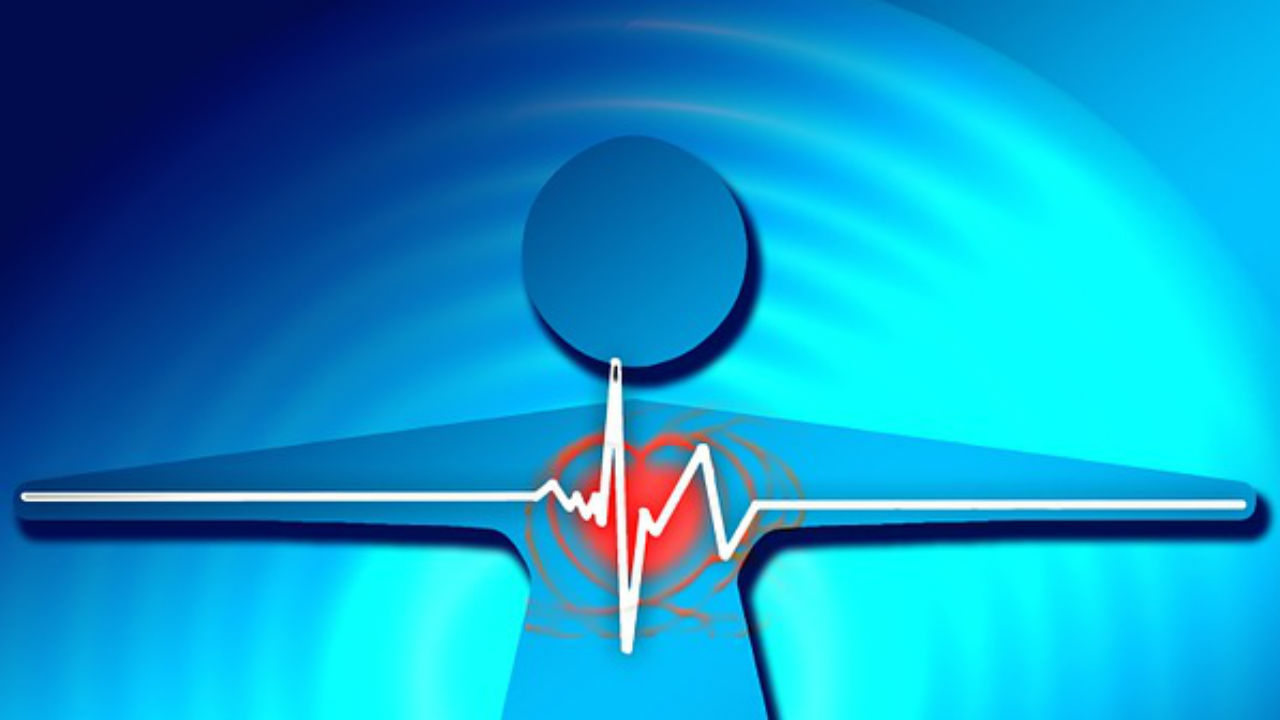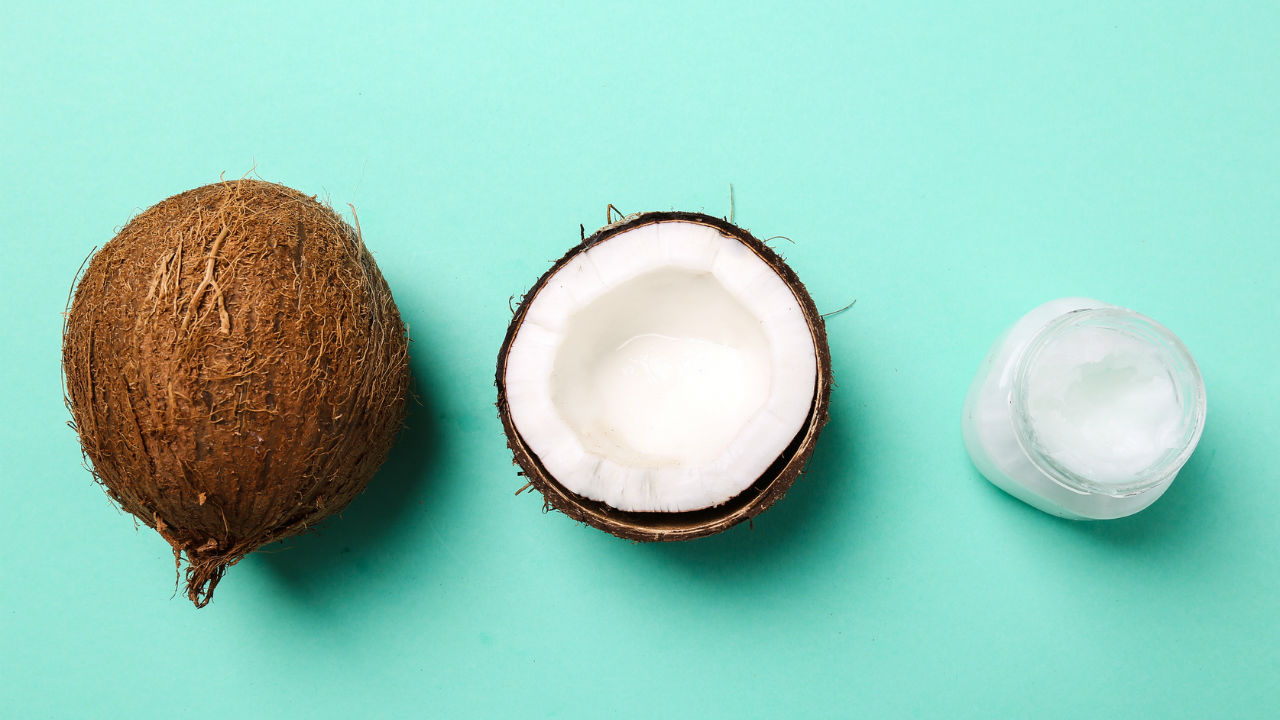Ever have that quick flutter feeling in your chest that lasted for a couple seconds and disappears? Maybe yours lasts a little longer, a little stronger, and causes you to cough? These are called heart palpitations and are very common in women. There are many reasons your heart chooses to beat strangely, and a lot of it is normal.
The heart is a fist-sized muscle in the left side of your chest that is responsible for pumping fresh blood out to your entire body and receiving blood to be put back through the lungs. Just before each heart beat, your heart chambers fill with blood until it is squeezed out in rhythm. You have four chambers with valves separating the two on the left and the two on the right.
When your heart contracts, it sends an electrical impulse from the sinoatrial (SA) node node in your right atrium down to your atrioventricular node node. The SA node is your built-in pacemaker and sets the tone of your heartbeats. Sometimes it can be sped up or slowed down which causes you to take notice.
Some common reasons you may experience palpitations are with exercise and overexertion, caffeine, alcohol, smoking, drugs, thyroid problems, anemia, valve problems, stress, panic and anxiety, and adrenaline rushes. If you experience palpitations, pay attention to the time of day, what you are doing, and what you just ate or drank. Many patients report heart symptoms with stress or anxious feelings. Others feel changes after a glass or two of wine or coffee.
Palpitations should not be ignored in case they are due to a bigger process such as thyroid or anemia problems or heart valve changes. Your doctor will listen to your heart and may recommend an ECG to monitor your heart rate. Sometimes you might wear a holter monitor for 24-hours. This nifty little device keeps track of your palpitations all day long. How often have we gone to the doctor with a symptom that happens all the time and suddenly it disappears? Using a monitor can help diagnose the reason.
If for any reason you experience abnormal heart beats along with chest pain, dizziness, light-headed, pain in your arm or jaw, the sensation of blacking out – please call 911. Do not wait to see if it passes.
Treatment, of course, depends on the reason. If you are amping yourself up on caffeine or stress, then it’s a lifestyle change. Review all of your medications and supplements with your doctor to see if any could be causing palpitations. Have your blood checked for anemia and thyroid disease. More severe problems could require surgery.






Add a CommentComments
There are no comments yet. Be the first one and get the conversation started!